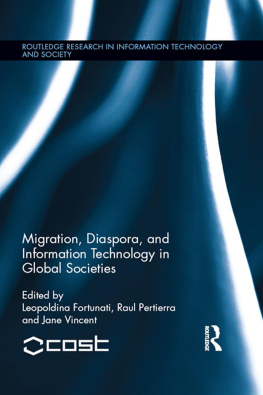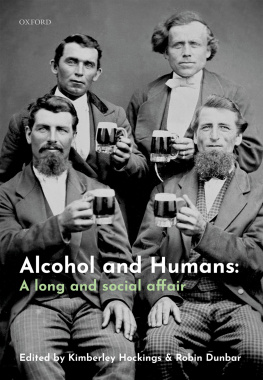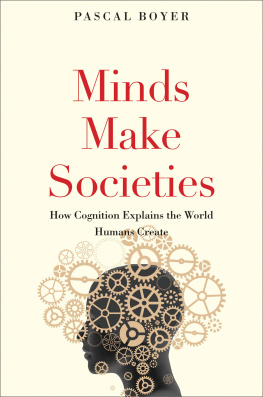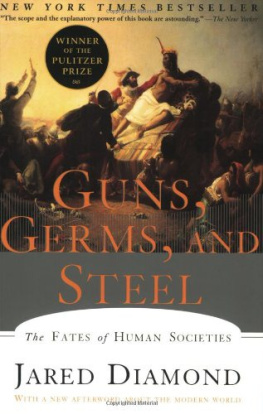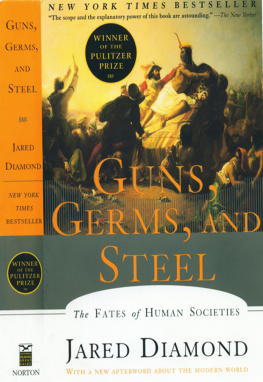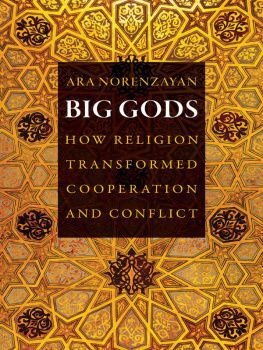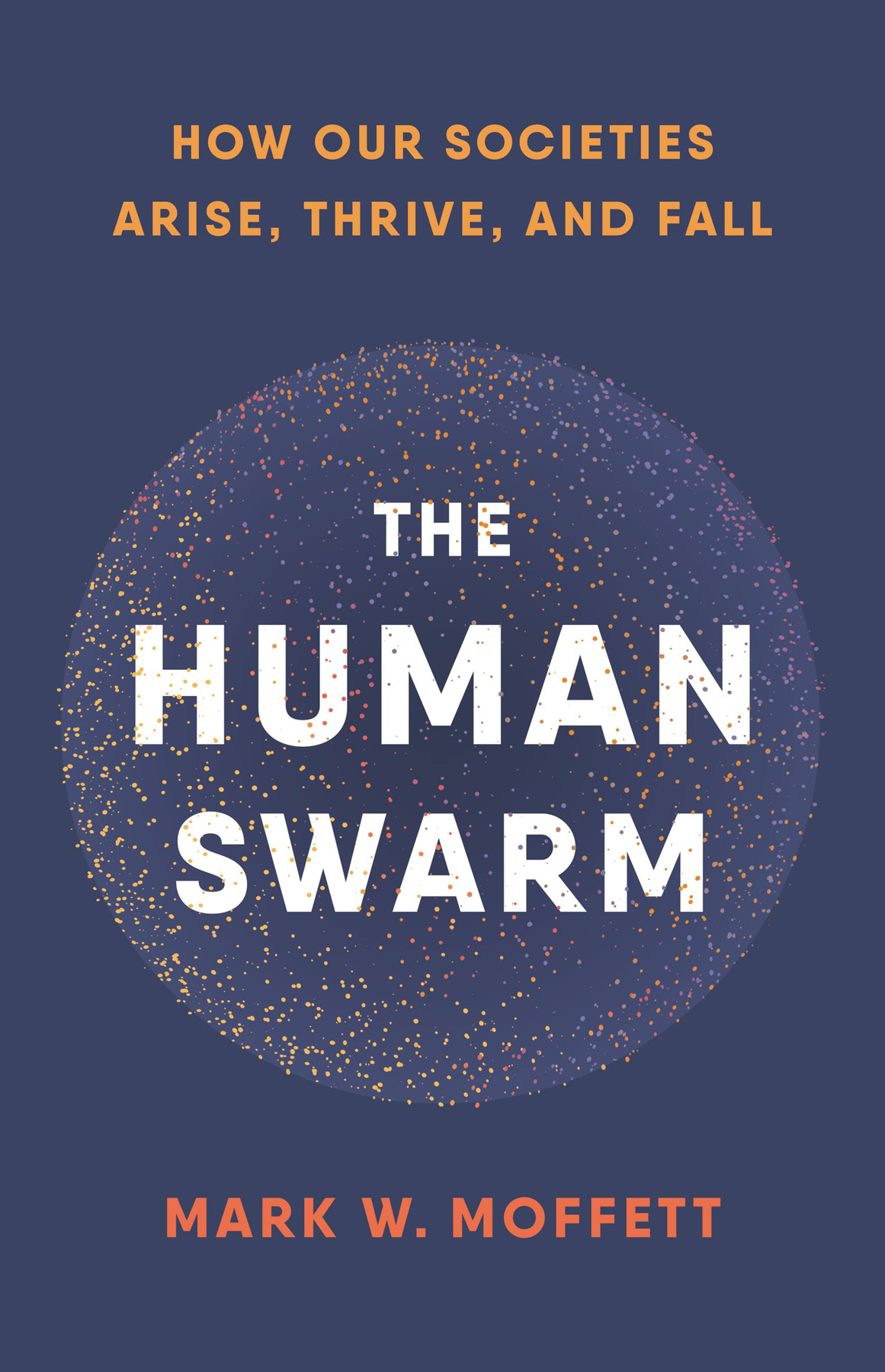Copyright 2018 by Mark W. Moffett
Cover design by Fort
Cover image copyright Amitus/Getty Images
Cover copyright 2019 Hachette Book Group, Inc.
Hachette Book Group supports the right to free expression and the value of copyright. The purpose of copyright is to encourage writers and artists to produce the creative works that enrich our culture.
The scanning, uploading, and distribution of this book without permission is a theft of the authors intellectual property. If you would like permission to use material from the book (other than for review purposes), please contact permissions@hbgusa.com. Thank you for your support of the authors rights.
Basic Books
Hachette Book Group
1290 Avenue of the Americas, New York, NY 10104
www.basicbooks.com
First Edition: April 2019
Published by Basic Books, an imprint of Perseus Books, LLC, a subsidiary of Hachette Book Group, Inc. The Basic Books name and logo is a trademark of the Hachette Book Group.
The Hachette Speakers Bureau provides a wide range of authors for speaking events. To find out more, go to www.hachettespeakersbureau.com or call (866) 376-6591.
The publisher is not responsible for websites (or their content) that are not owned by the publisher.
The Library of Congress has cataloged the hardcover edition as follows:
Names: Moffett, Mark W., author.
Title: The human swarm : how our societies arise, thrive, and fall / Mark W. Moffett.
Description: New York : Basic Books, [2019] | Includes bibliographical references and index.
Identifiers: LCCN 2018038761 (print) | LCCN 2019006348 (ebook) | ISBN 9781541617292 (ebook) | ISBN 9780465055685 (hardcover)
Subjects: LCSH: Sociology. | Communities.
Classification: LCC HM585 (ebook) | LCC HM585 .M64 2019 (print) | DDC 301dc23
LC record available at https://lccn.loc.gov/2018038761
ISBNs: 978-0-465-05568-5 (hardcover); 978-1-5416-1729-2 (ebook)
E3-20190305-JV-NF-ORI
I dedicate this book to three remarkable individuals.
Firstly, my mentor Edward O. Wilson, out of awe for his poetic spirit, his decades of building connections across the sciences, and his indefatigable support of so many careers,
my off-kilter one included;
To the late and great Irv DeVore, who fostered critical thinking across generations of anthropologists and put up with hours of conversation with this biologist;
And to Melissa Wells, my splendid wife and partner,
who believes in me.
And what, I said, will be the best limit for our rulers to fix when they are considering the size of the State and the amount of territory which they are to include, and beyond which they will not go?
What limit would you propose?
I would allow the State to increase so far as is consistent with unity; that, I think, is the proper limit.
Very good, he said.
PLATO, The Republic
F or as long as human societies have existed, people have found themselves changed, the members of those societies transformed in their minds eye into exalted Human Beings. Yet as powerful as belonging to a society can be in raising the citizens collective self-image, its not their fellow members that they see most differentlythe foreign undergo the more radical, at times dreadful, transformation. In each persons mind, entire groups of outsiders can turn into something less than human, a kind of vermin, even.
That foreigners might be considered contemptible enough to crush underfoot, like insects, is the stuff of history. Think back to the year 1854, Washington Territory. Seattle, chief of the Suquamish Tribe and namesake of the newly founded city, had just heard Isaac Stevens, the territorys recently appointed governor, speak before the tribal elders. Stevens had explained that the Suquamish were to be relocated to a reservation. Standing to respond, Seattle towered over the slight governor. Speaking in his native Duwamish, he bemoaned the abyss between their societies and recognized that the days of the Suquamish were numbered. Yet he was stoical about the news: Tribe follows tribe, and nation follows nation, like the waves of the sea. It is the order of nature, and regret is useless.
As a field biologist I make a living thinking about the order of nature. Ive spent years contemplating the concept we call society while exploring human tribes and nations. I find myself endlessly captivated by the phenomenon of foreignness: the way it turns what objectively are minor differences into gulfs between people that have ramifications reaching into every corner of life, from ecology to politics. The goal of The Human Swarm is to take in as much of this broad sweep as possible by investigating the nature of the societies of Homo sapiens as well as those of other animals. A principle thesis of the book is that, uncomfortable as it may sound, human societies and the societies of insects are more similar than we might like to believe.
For humans, any little thing can signal foreignness, as I have experienced many times. Mortified souls looked on in India when I picked up my food with the incorrect hand. In Iran I tried to nod yes when to the locals a nod meant no. Sitting on moss in the New Guinea highlands, I watched The Muppet Show with an entire village on an ancient television run off a car battery. Knowing I came from America, and that The Muppet Show was American, every man and woman looked at me quizzically when a pig, a species they revere, waltzed on the screen in a dress and high heels. I talked myself past machine guns during the Tamil ethnic uprising in Sri Lanka and sweated as wary Bolivian bureaucrats sorted out who this very strange person was and what I was doingor should be allowed to doin their country. At home I have seen my fellow Americans behave with equal discomfort, bewilderment, and, at times, anger toward outsiders. In a primordial reaction, both sides think how strange that person is despite their profound similarities as human beings with two arms, two legs, and a desire for love, home, and family.
In The Human Swarm I examine society membership as a particular component of our sense of self, which should be considered (as I do in the final chapters especially) in tandem with race and ethnicityidentifications that can exert the same primacy and emotional draw. The elevated significance of our societiesand ethnicities and racescompared with other aspects of our identity can seem preposterous. Nobel-winning economist and philosopher Amartya Sen, for one, struggles to make sense of why people collapse their identities into groups that override everything else. Using the deadly conflicts in Rwanda as a case in point, Sen rues the fact that a Hutu laborer from [the capital city of] Kigali may be pressured to see himself only as a Hutu and incited to kill Tutsis, and yet he is not only a Hutu, but also a Kigalian, a Rwandan, an African, a laborer and a human being. These and other sorts of breakdowns are one theme of the chapters ahead. When convictions about what a society stands for or who belongs come into conflict, suspicion mounts and bonding fails.
The word tribalism comes to mind, denoting people drawn together by anything from a love of car racing to the denial of global warming.New Guinea highlander, or of tribalism with respect to our own connections to a society, we have in mind how a lifelong sense of belonging elicits love and loyaltyyet also, expressed in relation to outsiders, how it can promote hatred, devastation, and despair.


